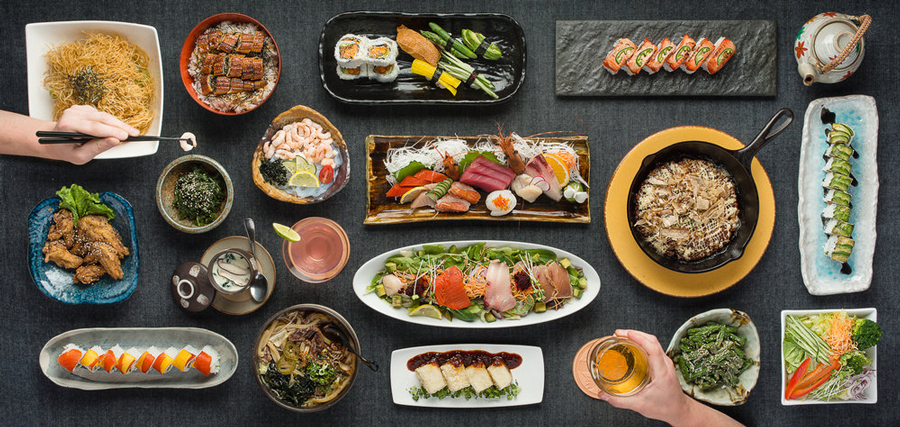Portugal receives unique certification in Europe in Japanese cuisine
The Association of Professional Cooks of Portugal (ACPP) formalizes in April a protocol with a Japanese school that grants Portugal a level of certification and specialization in traditional Japanese cuisine unheard of in Europe.
The protocol between ACPP and Tokyo College of Sushi and Washoku (TCSW) was signed at the end of 2018, but is officially held in Lisbon on April 16 at a ceremony attended by representatives of the Japanese School of Cooking, whose Portuguese association will allow a standardization with the Japanese traditional Japanese cooking methods (washoku).

“This certification still only exists in three schools that have courses in sushi and Japanese cuisine all over the world, two in China and one in the US I thought I wanted to open a door to such certifications in Europe. and the courses were authorized, “told Miguel Bértolo.
In April, on the occasion of the official ceremony in Lisbon, starts a first promotional course, lasting three months, dedicated to Japanese sushi and street food, aimed at sympathizers of Japanese cuisine and going to work with the dishes of the Japanese cuisine that Portuguese and European know best, offered in the western catering.
“Japanese street cooking is the kind of dishes we use a lot in the West, but in reality, the Japanese do not recognize it as traditional Japanese cuisine. In addition to demonstrating recipes and techniques, we will also try to make people aware of the difference between genuine Japanese cuisine and cuisine influenced by China, “said the ACPP official.
The training program consists of two courses, the second one being the most demanding, the one that is more professional oriented and will open annually, with a duration of one semester, divided into two modules, running from September to March. capacity currently available in ACPP kitchens, ie no more than 15 students per course.

The most advanced level of training will allow professionals already working in the area and who are interested in training to enrol only in the 2nd module, but to have the possibility of obtaining a diploma recognized by Japanese education will have to provide evidence for entering ‘the middle’ of the course. And they will return to provide evidence at the end, before evaluators coming from Japan, and with eyes on ‘the prize.
“Those who pass will be entitled to the advanced certification of Japanese education and this certification has an extension to a prize of the Japanese restoration that will give the right to the bronze medal of the Japanese kitchen which gives an already high status to the professionals,” explained the ‘ chef ‘of Portuguese sushi.
What will be taught in the courses under the new protocol is almost “a 180 degree turn” in terms of the philosophy of Japanese cooking practised in the Western Restoration, which Miguel Bértolo describes as industrialized, geared to serve tens, if not hundreds, of meals per shift, “where the technical criterion has to lower to allow quantity.”
From the focus on sushi rolls, which characterizes Japanese cuisine in western catering, it is intended to move to a “more traditionalist surroundings,” focusing on fish, for example, and conservation techniques, fish cuts and sanitation.
“[The restaurants of traditional Japanese cuisine] have a higher level and technical criteria and the quantity is much lower, they are restaurants that work for 15 to 20 meals per shift. The context is completely different, “said Miguel Bértolo.

The courses open in Portugal, but because they are unique in Europe, they are already looking for foreign students who can capture in markets in Spain, France, Belgium and Holland, markets with a lot of demand for skilled labour in traditional Japanese cooking and to whom schools in Japan are failing to respond.
Miguel Bértolo also said that there is a “strong incentive of the Japanese Government to standardize the techniques [of traditional cuisine] and the extension of Japanese culture in the world“, because there is the notion of the economic return that traditional Japanese cuisine, considered intangible cultural heritage by UNESCO in 2013, can bring, first and foremost, the marketing of the necessary products and instruments to this kitchen that Japan produces.
ACPP was founded in 1977 and represents legally the Portuguese professionals of cooking and pastry at national and international level.
Headquartered in Lisbon, it has around 2000 members and represents Portugal with the World Federation of Cook Associations, World Association of Chefs Societies (WACS), which includes around 110 countries and more than 1.5 million members.






